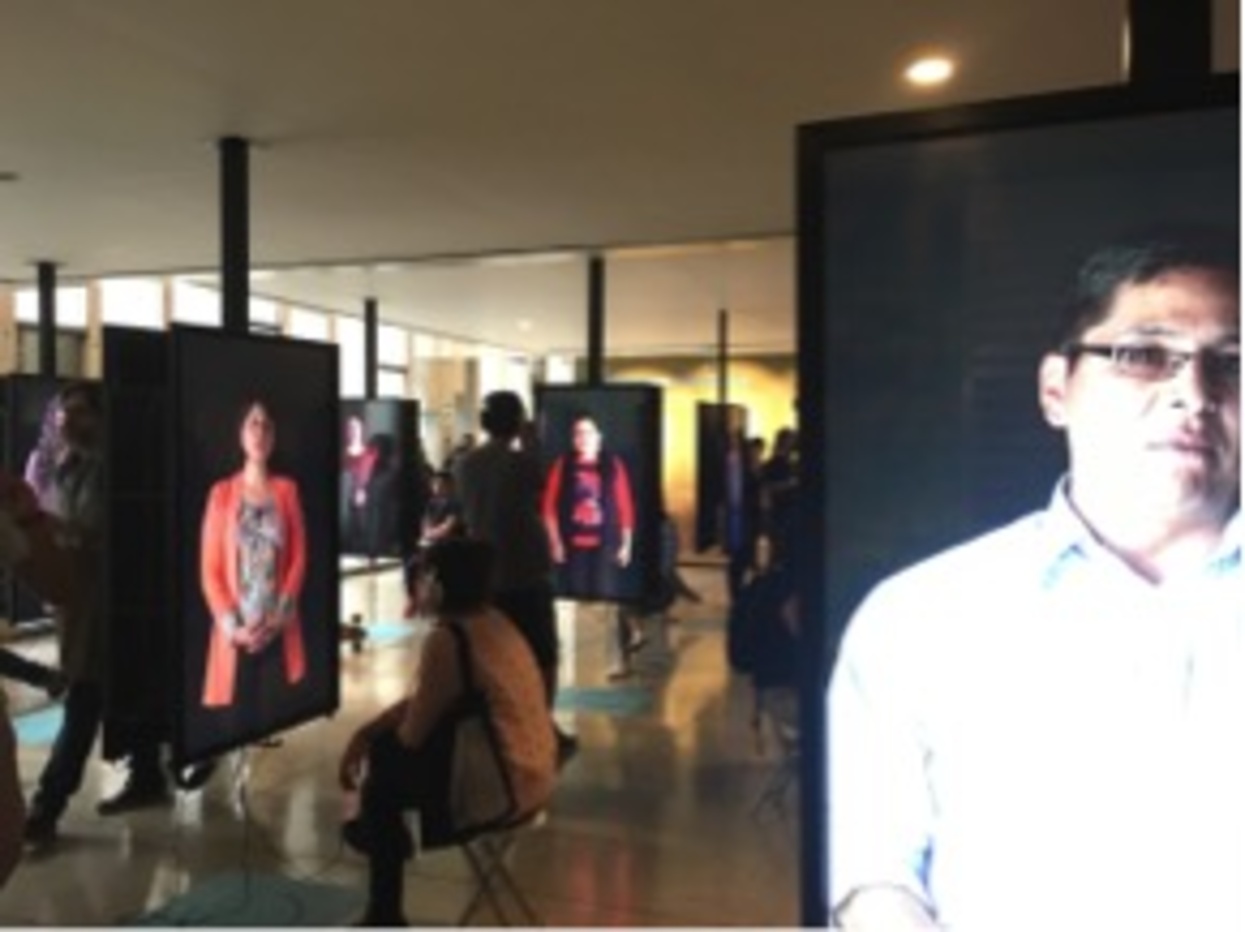Yairamaren Roman Maldonado at the Latin American Studies Association's 50th Conference

This spring, we were pleased to offer several grants to help support our students in sharing their research at the premiere conferences in their field. Below, Yairamaren Roman Maldonado reflects on her experience at the Latin American Studies Association's 50th Conference this May in Lima, Peru.
I attended the 50th Latin American Studies Association (LASA) conference in Lima, Peru. I was placed under the track of “Otros Saberes and Alternative Methods” and the panel in which I participated was titled “Epistemological Scenarios, Epistemic Communities, Methodologies and Experiences for Buen vivir”. My presentation was about a digital story-telling project with youth that I developed last summer in Puerto Rico. I discussed the context in which the project emerged, the current political-economic crisis in the island, and the relevance of developing these types of projects in order to produce or collect community-based knowledge relevant to the process of decolonization in the case of Puerto Rico. Furthermore, I discussed the scope and limitations of implementing this type of methodology in regards to the design of workshops, technological issues, and copyright protections in image use. Finally, I offered an analysis of one of the digital stories, emphasizing how participants’ discourse dialogued with other hegemonic or literary discourses.
Other participants in this panel discussed decolonial theory and Latin American knowledge production in relationship to indigenous populations. One of the projects presented was a multimedia documentary titled The Shore Line that maps people’s responses to global warming in coastal communities around the world. As part of other panels in the conference, I also attended multiple discussions about Latin American contemporaneity, with topics ranging from literature as a space of exile in Puerto Rico and Cuban science fiction to digital culture in Latin America. I also had the opportunity to participate in a guided tour by UCB’s former visiting scholar Victor Vich of the exhibit in Lugar de la Memoria, la Tolerancia y la Inclusión Social (LUM, “The Place of Memory, Tolerance and Social Inclusion”). There was a multimedia montage of testimonies by people who experienced the Peruvian Armed Conflict (1980-2000) as part of the exhibit. The montage consisted of a room full of tall screens showing storytellers narrating their stories and you could put on headphones and sit down to listen to them talk about their experiences during these years of extreme violence and dictatorship. It was an academically productive experience to attend my first LASA conference, get to know Lima and come across valuable cultural learning experiences. Thanks for the support BCNM, I cannot wait for next LASA!
